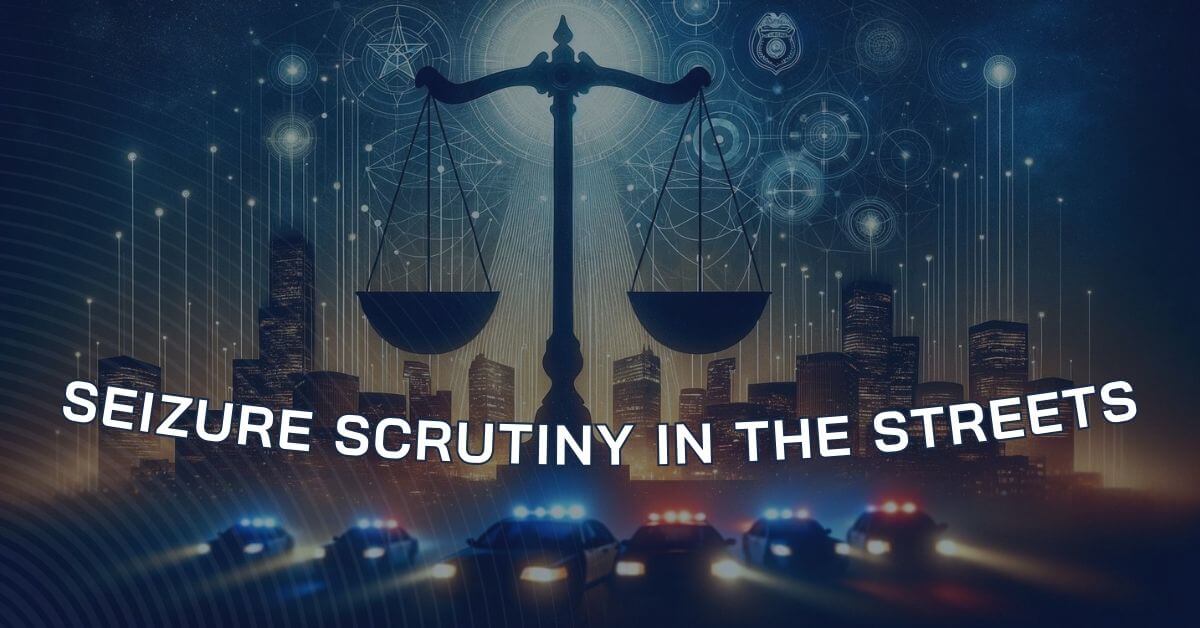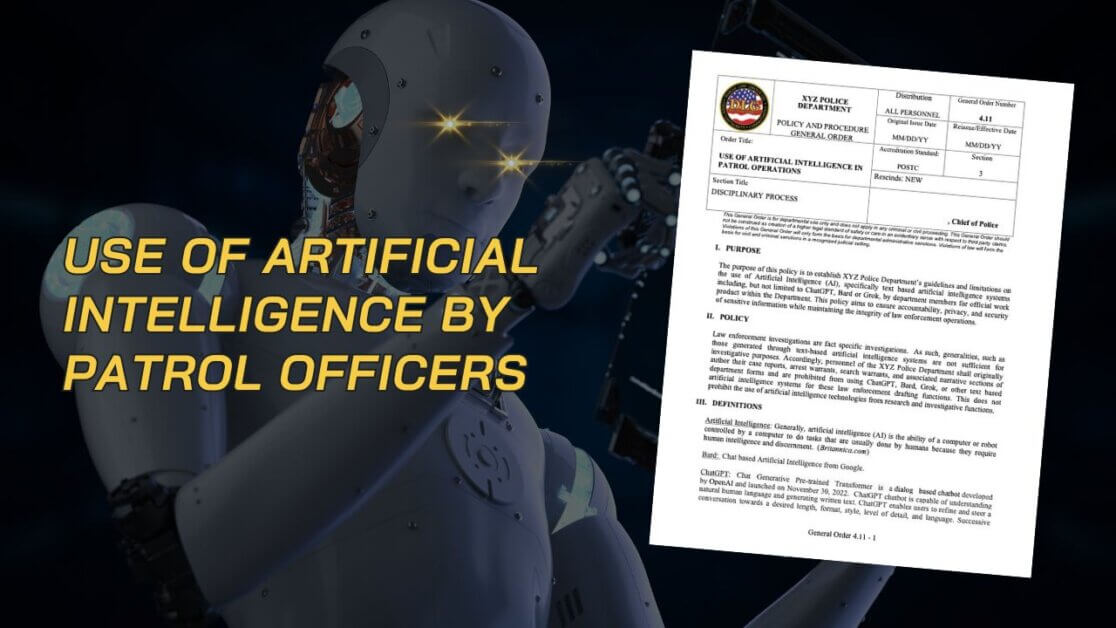Today’s case, United States v. Jones, comes from the 6th Circuit Court of Appeals and looks at the question of whether a police officer can conduct a Terry Stop or Investigative Detention based on a crime that has already been committed.
Over 30 years ago SCOTUS answered this question with respect to committed felonies. In United States v Hensley, 469 US 321 (1985), officers stopped a suspect who was described on a “WANTED FOR QUESTIONING” poster issued by a neighboring department. In that case police lacked probable cause but there was reasonable suspicion that the suspect was involved in a bank robbery. Based on the poster, officers conducted a Terry Stop and located a number of weapons in the vehicle. The defendant claimed that the 4th Amendment only allowed a Terry Stop for crimes about to be committed and did not authorize a Terry Stop to investigate past crimes.
The Supreme Court disagreed, finding that the 4th Amendment allowed officers to conduct a Terry Stop based on reasonable suspicion for a past felony crime. However, the Court stopped short of allowing Terry Stops for “all past crimes however serious“. Since the Court’s ruling in Hensley a number of defendants have raised the claim that Hensley only allows a Terry Stop for past felony crimes. In today’s case the defendant raises this argument with the 6th Circuit.
Facts
Erica McKinney called the Paducah Police Department and reported that she had been assaulted by her ex-boyfriend, Jermaine Jones. Officers arrived and spoke with McKinney who provided details about an altercation that had just taken place between her and the defendant. During the incident Jones committed a misdemeanor assault on McKinney, damaged furniture in the apartment, and threatened to kill her. McKinney reported that Jones had access to weapons and had attempted to strangle her in past incidents. Jones had fled with a friend in a large white vehicle prior to the officers’ arrival.
Officer Parrish observed evidence that supported McKinney’s version of the incident and completed a “Lethality Assessment Questionnaire” that provided further history of assaultive and threatening conduct. McKinney claimed she was afraid Jones would return after the officers left, so the officer parked down the street to watch the house as he completed his paperwork.
A short time later Parrish observed a white Suburban heading towards the house with two parties in the vehicle. Parrish pulled over the vehicle and determined that Jones was the passenger in the car. After speaking with Jones, the officer removed Jones from the vehicle, handcuffed him, and placed him under arrest for misdemeanor assault. As Jones sat in the back seat of the cruiser, he informed Parish that the handcuffs were too tight. When Parrish went to check the cuffs, he observed a handgun laying on the seat behind Jones.
Jones was additionally charged in federal court with unlawful possession of a firearm. Prior to trial Jones filed a motion to suppress claiming that the stop was improper because the 4th Amendment did not authorize a Terry stop for a completed misdemeanor crime. The trial court “reluctantly” agreed and suppressed the weapon. The US Attorney’s office then filed this appeal claiming that the 4th Amendment and the SCOTUS decision in Hensley did not prohibit the stop under the circumstances in this case.
Sixth Circuit Findings
The 6th Circuit agreed. The court determined that such a bright line rule is not required by the Hensley ruling or the 4th Amendment. Rather, “courts must balance the nature and quality of the intrusion on personal security against the importance of the governmental interests alleged to justify the intrusion”.
Acknowledging the fine line between a felony crime and one classified as a misdemeanor, the court confirmed the danger of “using labels alone to define the coverage of the Fourth Amendment”. Instead, the court turned to a number of factors including the nature of the crime, how long ago the suspect committed the crime, and the ongoing risk to public safety. Using these factors, the court said, “the Fourth Amendment correctly appreciates the distinction between officers who illegitimately invoke Terry to stop someone who ran a red light sixth months ago and legitimately use it to stop someone who assaulted a spouse in the past half hour.”
These factors also follow the guidance provided by SCOTUS in the Hensley case. In that case the Court established four factors to help balance the individual and government issues at odds. Those factors include:
- Does the stop “promote the interest of crime prevention”?
- Does it further public safety?
- How strong is the government’s interest in solving crimes and bringing offenders to justice in this case?
- Would restraining police action until after probable cause is obtained unnecessarily hinder the investigation or allow a suspect to flee in the interim?
Under these factors Officer Parrish conducted a proper stop and subsequent arrest of the defendant. The officer corroborated the victim’s story, Jones had access to weapons and had assaulted McKinney in the past, and the stop prevented Jones from attempting further violence or threats. Finding that the officer “used common sense and acted in an eminently reasonable fashion” the 6th Circuit reversed the trial court’s decision.
Takeaways
Clearly, the formula provided by the 6th Circuit in this case gives us some “wiggle room” when it comes to conducting Terry Stops or Investigative Detentions for already completed non- felony crimes. A similar balancing act has also been adopted in those appellate courts that have reviewed this issue.
One of the most important points to take away from this case is the court’s example of the balancing test where the court writes that the decision doesn’t authorize pulling over a car for a red light violation that occurred six months ago but does authorize the stop of a suspect who recently assaulted his spouse. As with most of the cases we review, it usually boils down to three words: “common sense” and “reasonableness”.



